 The more thoroughly we comprehend that process of evolution by which things have come to be what they are, the more we are likely to feel that to deny the everlasting persistence of the spiritual element in Man is to rob the whole process of its meaning. The more thoroughly we comprehend that process of evolution by which things have come to be what they are, the more we are likely to feel that to deny the everlasting persistence of the spiritual element in Man is to rob the whole process of its meaning.  Science - Page 4081884Full view Science - Page 4081884Full view - About this book
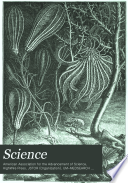 | John Michels (Journalist) - 1884 - 668 pages
...more thoroughly we comprehend that process of evolution by which things have come to b<what they are, the more we are likely to feel that to deny the everlasting...authority assures us, is a scientific reductio ad absurdum. So, finding •• no .sufficient reason for our accepting so dire an alternative," our author... | |
 | 1884 - 660 pages
...more thoroughly we comprehend that process of evolution by which things have come to be what they are, the more we are likely to feel that to deny the everlasting...authority assures us, is a scientific reductio ad absurdum. So, finding •' no sufficient reason for our accepting so dire an alternative," our author... | |
 | 1884 - 648 pages
...comprehend that process of evolution by which things have come to be what they are, the more we arc likely to feel that to deny the everlasting persistence...authority assures us, is a scientific reductio ad abaurdum. So, finding " no sufficient reason for our accepting so dire au alternative," our author... | |
 | John Fiske - 1884 - 142 pages
...more thoroughly we comprehend that process of evolution by which things have come to be what they are, the more we are likely to feel that to deny the everlasting...in Man is to rob the whole process of its meaning. It goes far toward putting us to permanent intellectual confusion, and I do not see that any one has... | |
 | John Fiske - 1884 - 144 pages
...comprehend that process of evolution by which things have come to be what they are, the more we are fikely to feel that to deny the everlasting persistence of...in Man is to rob the whole process of its meaning. It goes far toward putting us to permanent intellectual confusion, and I do not see that any one has... | |
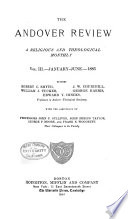 | 1885 - 612 pages
...more thoroughly we comprehend that process of evolution by which things have come to be what they are, the more we are likely to feel that to deny the everlasting...in Man is to rob the whole process of its meaning." The author says that his belief can be most quickly defined by its negative, as the refusal to believe... | |
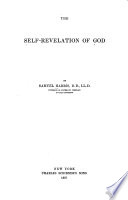 | Samuel Harris - 1887 - 592 pages
...more thoroughly we comprehend that process of evolution by which things have come to be what they are, the more we are likely to feel that to deny the everlasting pei-sistence of the spiritual element in Man is to rob the whole process of its meaning. It goes far... | |
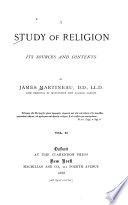 | James Martineau - 1888 - 424 pages
...more thoroughly we comprehend that process of evolution by which things have come to be what they are, the more we are likely to feel that to deny the everlasting...in Man is to rob the whole process of its meaning. It goes far toward putting us to permanent intellectual confusion, and I do not see that any one has... | |
 | Stedman, Edmund C. and Hutchinson Ellen M. - 1889 - 700 pages
...more thoroughly we comprehend that process of evolution by which things have come to be what they are, the more we are likely to feel that to deny the everlasting...in Man is to rob the whole process of its meaning. It goes far toward putting us to permanent intellectual confusion, and I do not see that any one has... | |
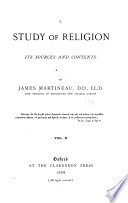 | James Martineau - 1888 - 464 pages
...more thoroughly we comprehend that process of evolution by which things have come to be what they are, the more we are likely to feel that to deny the everlasting...in Man is to rob the whole process of its meaning. It goes far toward putting us to permanent intellectual confusion, and I do not see that any one has... | |
| |